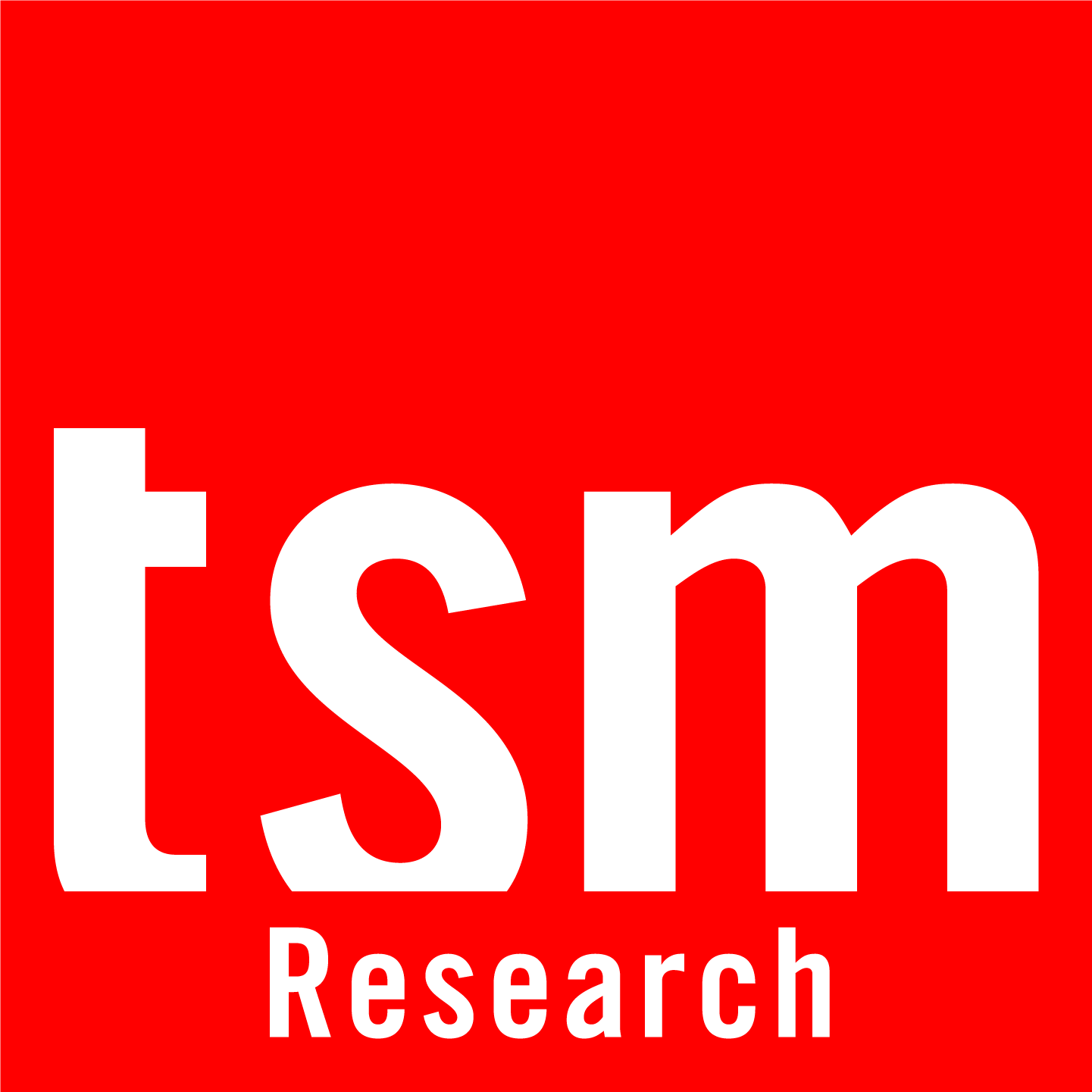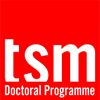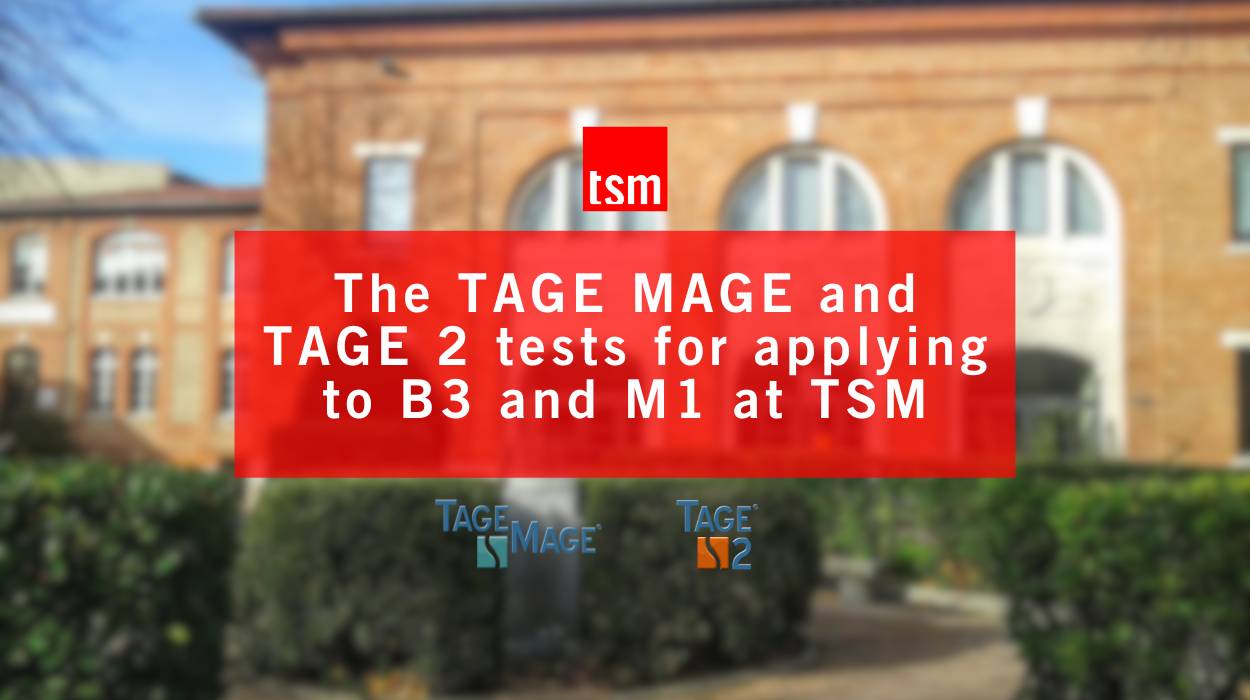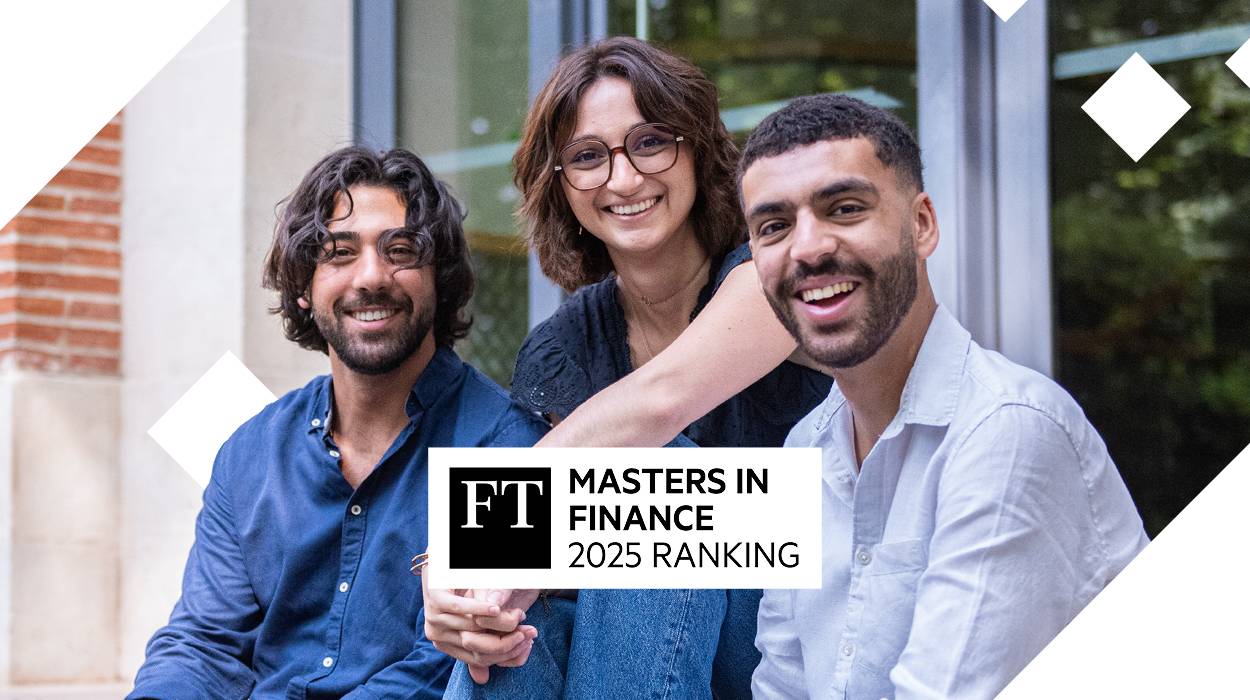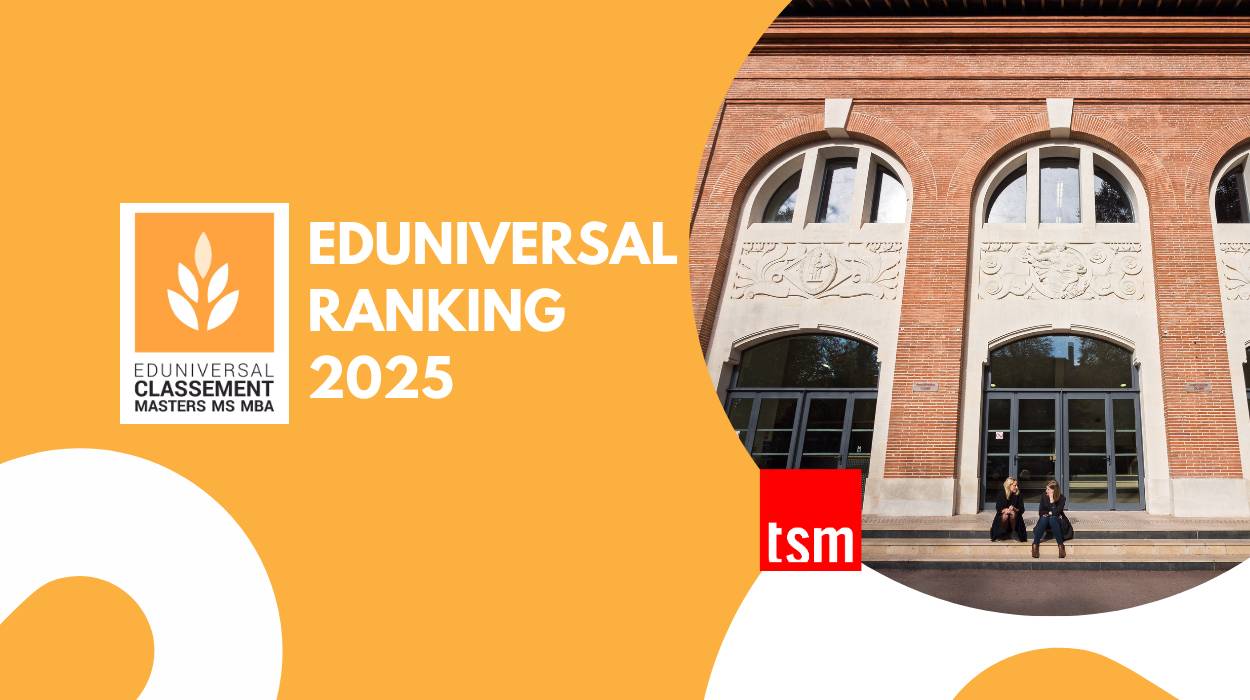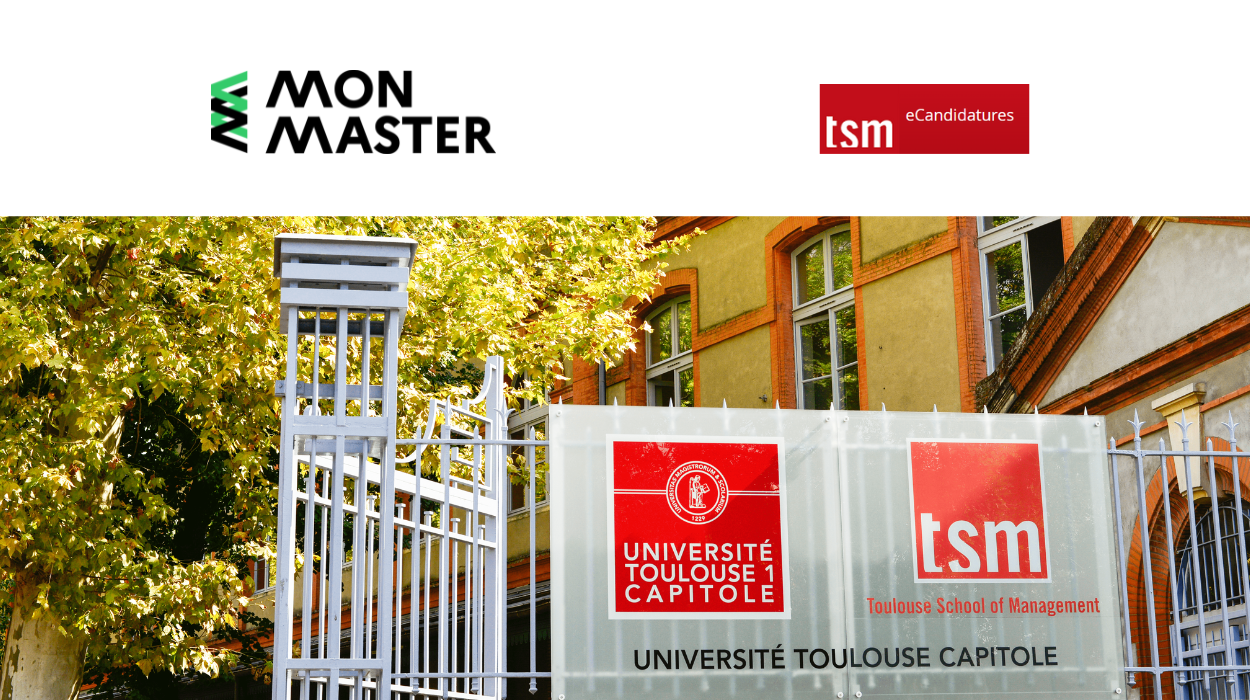632h (semestres 1, 2, 3 and 4)
13531276
German Track
Semester 1 and 2 • At KU Ingolstadt, Germany
UE01 - Innovation & Creativity in Individuals, Teams, Organisations SS
UE02 - Return on Service Design & Customer Experience SS
UE03 - Service Management
UE04 - Advanced Business Ethics (mandatory Ethics class) SS
UE05 - BusinessLanguage (French/German)
UE06 - Elective 1 to choose at KU
UE07 - Elective 2 to choose at KU
UE08 - Elective 3 to choose at KU
UE09 - Elective 4 to choose at KU
UE10 - Elective 5 to choose at KU
UE11 - Elective 6 to choose at KU
Semester 3 • At TSM, Toulouse
UE012 - International Strategic Marketing, Market Analyses & Planning
UE013 - Digital Marketing & Consumer Behavior in the Digital World
UE014 - Innovation Management (a. Customer Engagement, b. Technology Acceptance)
UE15 - CRM & Sustainable Marketing
UE 16- Business Research Methodology
UE17 - Company Project
UE18 - Business Language (FLE ou Allemand)*
Semester 4
UE19 -Company Internship
UE20 -Master thesis
Asian Track • Bangkok - Hong Kong - Shanghai
Semester 1 • At Toulouse School of Management
UE01 - International Strategic Marketing, Market Analyses & Planning
UE02 - Digital Marketing & Consumer Behavior in the Digital World
UE03 - Innovation Management
UE04 - CRM & Sustainable Marketing
UE05 - Business Research Methodology
UE06 - Missions / International Study Tour
UE07 - Language / Comparison Asian/European Culture
UE08 - Career development
Asian Track •Bangkok
Semester 2 and semester 3 • At Assumption University Bangkok
UE09 - Introduction to Quantitative Analyses
UE10 - Introduction to Management Information Systems
UE11 - Organizational Behaviour
UE12 - International Business Management
UE13 - International Marketing Management
UE14 - Managerial Accounting
UE15 - Managerial Economics
UE16 - Financial Management
UE17 - Operations Management
UE18 - Strategic Management
Semester 4
UE19 -Company Internship
UE20 -Master thesis
Asian Track •Shanghai
Semester 2 and semester 3 • At Tongji University, Shanghai
UE09 - First Foreign Language (Chinese)
UE10 - Business Negotiation in China
UE11 - Survey of China
UE12 - Strategic Management & Entrepreneurship
UE13 - Advanced Management
UE14 - Big Data Analytics
UE15 - Managerial Economics in China
UE16 - Academic Norms
UE17 - Academic Lectures
Semester 4
UE18 - Company Internship
UE19 - Master thesis
Asian Track •Hong Kong
Semester 2 and semester 3 • At Hong Kong Metropolitan University
UE09 - Strategic Management or Strategy
UE10 - Applied Business Project
UE11 - Global Immersion Programme Asian Business Culture
UE12 - International Management Strategy
UE13 - International Marketing Strategy
UE14 - Strategic Issues for Management in the Asia Pacific Region
Semester 4
UE 15 - Company Internship
UE 16 - Master thesis




